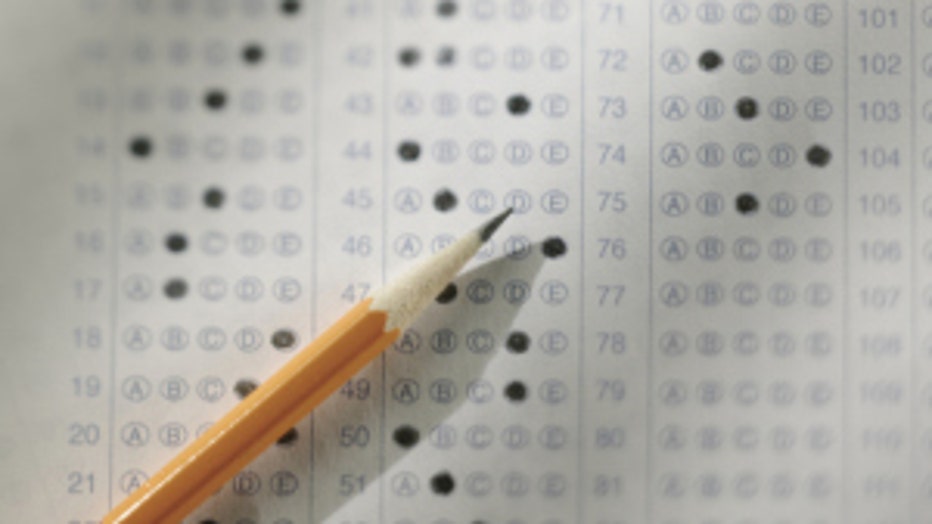New school testing coming to Washington classrooms
OLYMPIA -- At first glance, the numbers look pretty good. More than 90% of all high school seniors are meeting state testing requirements to graduate. But state Schools Superintendent Randy Dorn says he is most concerned about the lingering achievement gap.

Take 8th grade math, for example. Asian and white students are scoring between 60-80% while less than 40% of Hispanic, Pacific Islander, black and Native American students are testing at standard.
Laurie Bohm is the director of White Center Promise, a nonprofit group focused on closing that achievement gap,
“The results today really are not surprising. We've been on this trajectory for quite some time,” said Bohm.
It may be about to get worse. New federal guidelines known as the Common Core curriculum mean significant changes to how math and language arts are taught and tested.
“Parents and families need to understand what this change in testing is going to mean and that the scores will be going down and that doesn't reflect on their student but on the system,” said Bohm.
In states that have already adopted the new standards, scores are down sharply.
“As a parent I would be very worried about how my children would be doing on this new test that is going to be difficult to pass, particularly if I was a minority parent. In New York, only about 5% of minority children pass the common core test,” said Liv Finne with the Washington Policy Center.
Dorn is well aware of that, saying at Monday's news conference, “We're going to see test scores drop. Does that mean students aren't as smart? No. It means that we are actually moving to a higher set of standards that are going to be more difficult, and it's actually going to be a different way of teaching and it's a different way of assessing students so that there are higher levels of learning."
The new federal Common Core test starts in 2015 and will be called the Smarter Balance exam. If states don't adopt this system, they will lose out on federal dollars. There is concern among teachers about this, too, as their evaluations are based on these results.
Another new thing for parents to expect is what's called Next Generation Science. It starts in 2015 and means more focus on science starting in kindergarten.

